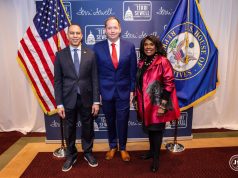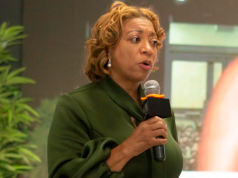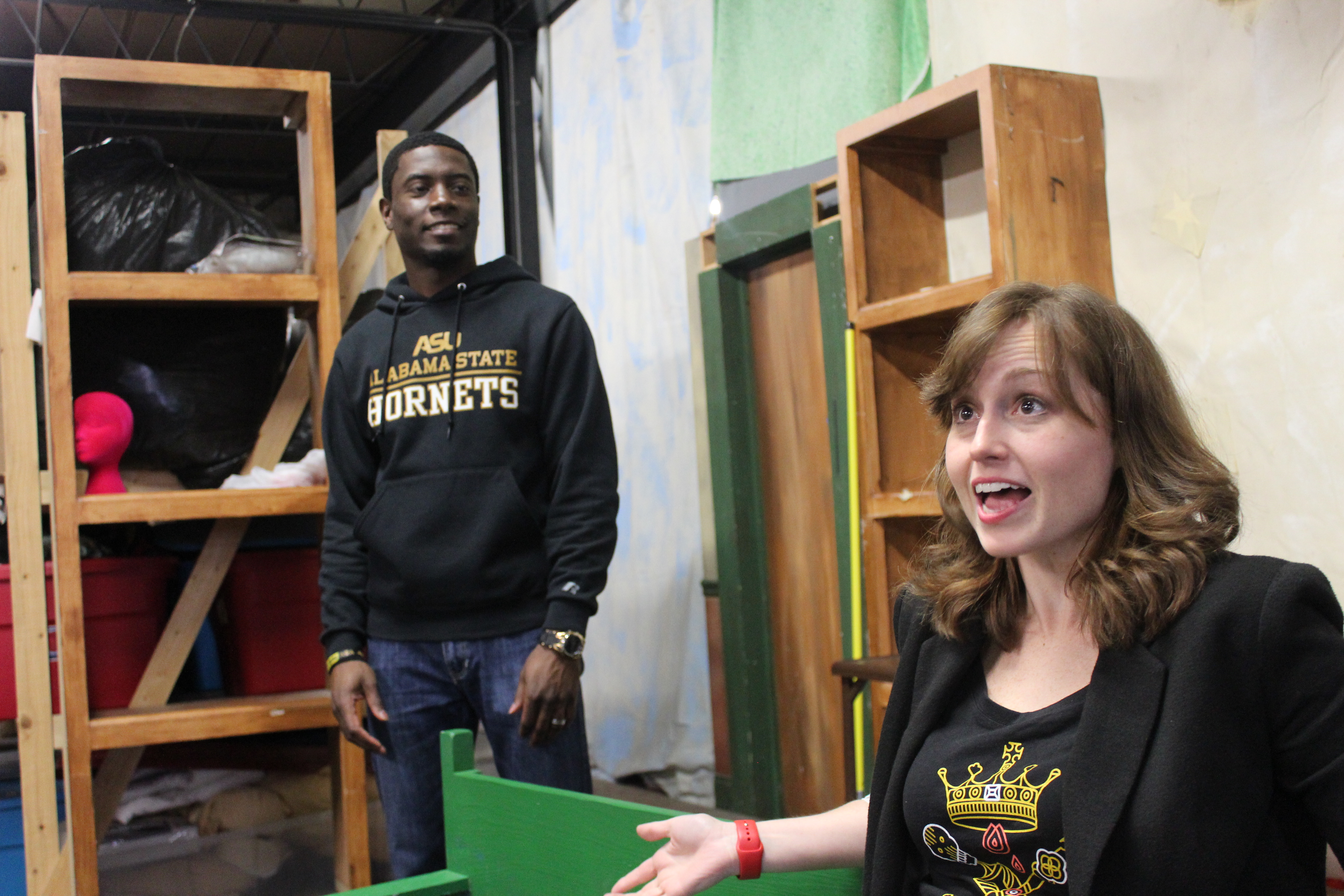
By Je’Don Holloway Talley
For the Birmingham Times

Over the course of four days, the Red Mountain Theatre Company (RMTC) in downtown Birmingham will present an exploration of human rights that will include panel discussions, readings of new works, lectures from prominent advocates, and a series of workshops.
The innovative Human Rights New Works Festival, which will run from March 15 to 18, is designed to give theatergoers a new experience and use artwork as a catalyst for social change, said festival director Matt Schicker.
“These are going to be incredibly engaging and entertaining shows,” he said. “But we’ve also selected pieces with themes and storylines that relate to human rights issues.”
The festival is primarily comprised of staged readings, during which the actors are at music stands, typically without props, costumes, or a set. The shows that are musicals will include music renditions, as well. Each performance will be followed by a talkback, a chance for the audience to have a discussion with the writers and actors.
Year of Preparation
Schicker and RMTC Executive Director Keith Cromwell spent the past year preparing for the festival, which will feature a full production of the headline show, “Alabama Story,” based on human rights violations and censorship in libraries.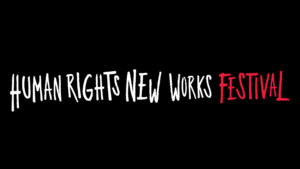
“We want to open people’s eyes to some things they’ve never considered by allowing them to stand in someone else’s shoes for a couple hours while watching a character’s story,” Schicker said. “I feel very strongly that theater can do something that almost no other art form is able to do.”
Cromwell, who has been at the helm of the RMTC since 2004, has more than 25 years of directing and performing experience, and he has always been a fan of new works.
“I started out blessed to do a lot of new work,” he said. “So, I always found it to be the most exciting thing. … It’s like walking in new snow; [there’s] the freshness and the beauty of that new thing. When I got [to the RMTC] and began producing, I thought I’d like to begin creating and supporting new things, but it’s a tricky thing … if the audience isn’t familiar with it.”
That’s one of the festival’s challenges and why so much time has been spent preparing, said organizers.
“[Cromwell] came to me [last year] and said, ‘We’ve got an idea for a new-works festival that we want to do in Birmingham, and it’s going to coincide with the build up to Birmingham’s bicentennial celebration,’” Schicker said. “We want to make sure … we touch in some way on the Civil Rights Movement and Birmingham’s significance in that movement.”
“Alabama Story”
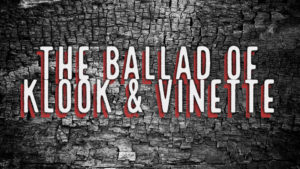


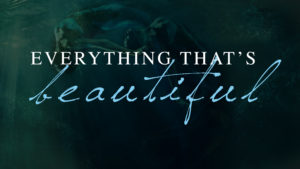
Schicker and Cromwell have known each other for a decade, and both are members of the National Alliance for Musical Theater, an international association of theaters, producers, and writers.
“We’ve wanted to work together, but the right timing and the right project just hadn’t presented itself,” said Schicker, adding that he designed his idea of a human rights festival and Cromwell signed on.
“He asked me if I would make a proposal to him of the kind of works that I would imagine being a part of that kind of festival, and how it would be programmed over the course of a few days,” said Schicker. “I did that, and we’ve been collaborating [on that idea] ever since.”
The Human Rights New Works Festival will present a full production of “Alabama Story,” a two-act play about a librarian who takes on segregationist state senators in the Jim Crow South when they try to ban a children’s book from Alabama public libraries. This story is weaved together with that of two childhood friends, one black and one white, who were separated by a traumatic incident that only one remembers.
Also part of the festival are four readings: “Mother Emanuel” is a dramatic interpretation of events at the Emanuel African Methodist Episcopal Church in Charleston, S.C., on June 17, 2015, when nine members of the church, called “Mother Emanuel,” were murdered; “Everything That’s Beautiful” is about a transgender child and the challenges a family faces; “Sam’s Room” tells the story of a teenager with nonverbal special needs on his path to find a way to communicate; and “The Ballad of Klook and Vinette” is about a homeless drifter and a woman he encounters.
Shift in Consciousness
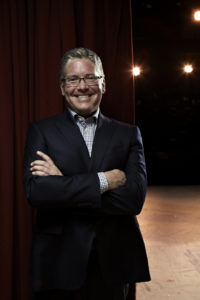
It’s important for this festival to be in Birmingham, Cromwell said.
“This is where I’ve been for 15 years. When I first moved to Birmingham, a lot of people asked why I moved here,” he said. “I’ve never seen more fertile soil to plant yourself in. If you want to be a person of change or make change, this is the place to be. So, I’m not interested in taking this idea somewhere else. I want everyone to come to Birmingham and experience the Birmingham that I know.
“I love that there’s already a shift in consciousness. Fifty years ago, if you said you were from here there was one [type of] reaction. … This year, with the new election, there’s a new reaction.”
Because the festival is designed to inspire, engage, and transform, the audience will play a role.
“The writers will have a chance to ask the audience how they felt about seeing and hearing these stories,” Schicker said. “And talkbacks at the end of each show will feature at least one person on the panel who is connected to the topic. They may have nothing to do with theater, but they have a connection to the human rights theme on a specific story being told.”
That kind of dialogue is important, said Schicker.
“What I don’t see happening on social media or among our news media are really constructive conversations through which people can really hear each other and be in a setting that’s cognitive of sharing [points of view],” he said.
Talking is one thing, but listening is another, Schicker said: “I feel like human rights are in jeopardy when we’re kind of at a standstill, … and the conversation isn’t really happening, and the status quo is continuing.”
“We need some hope,” he added. “We need to have the ability to have conversations that will lead to change. Until that happens, unfortunately, some human rights are going to be violated, … there will be more loss of life. This festival is one effort among many growing efforts to have effective conversations.”



